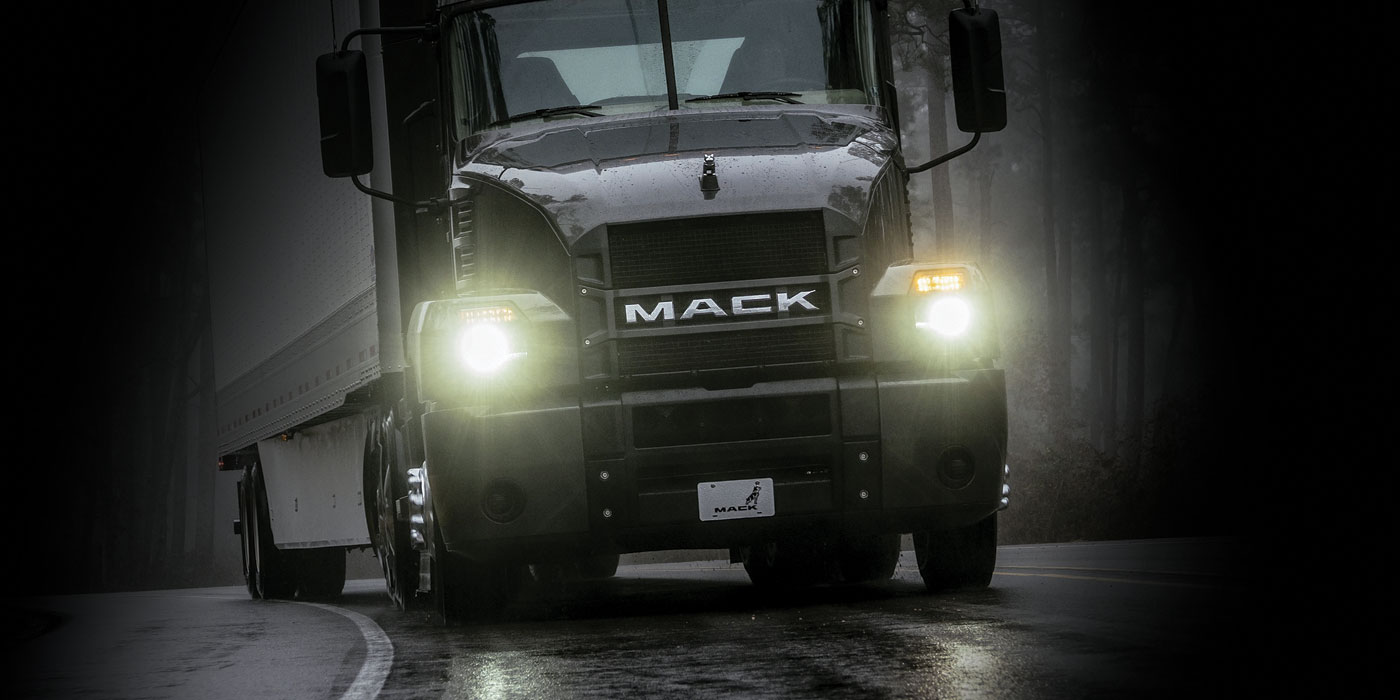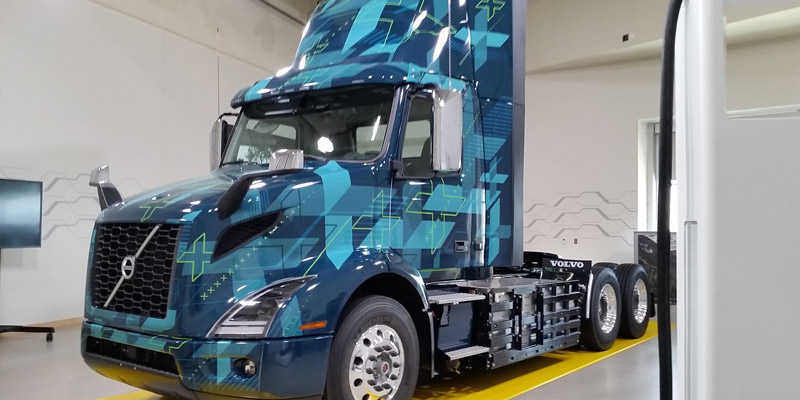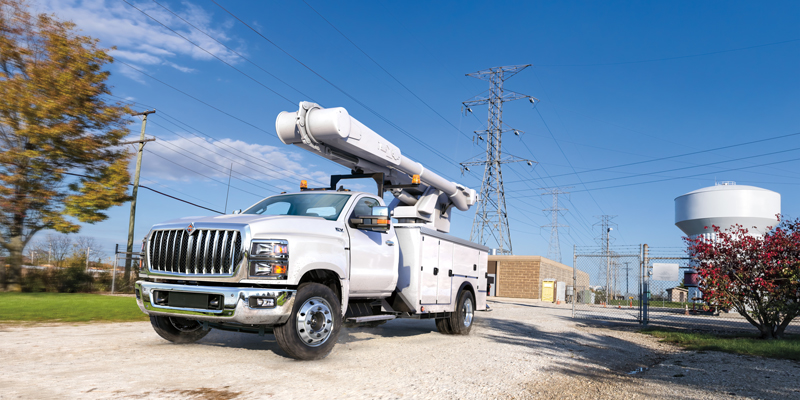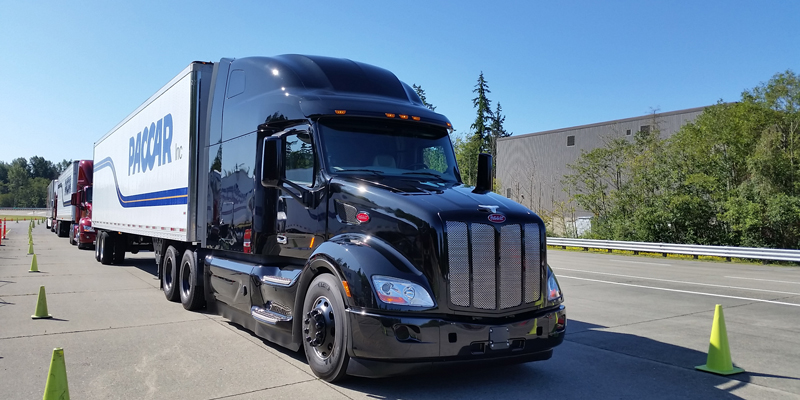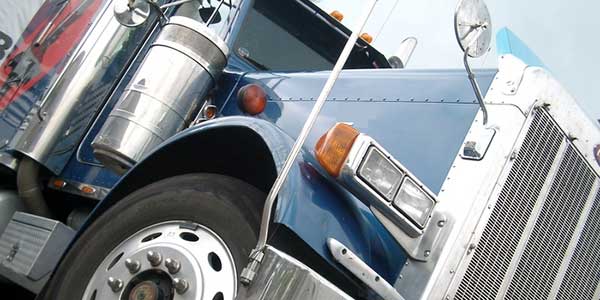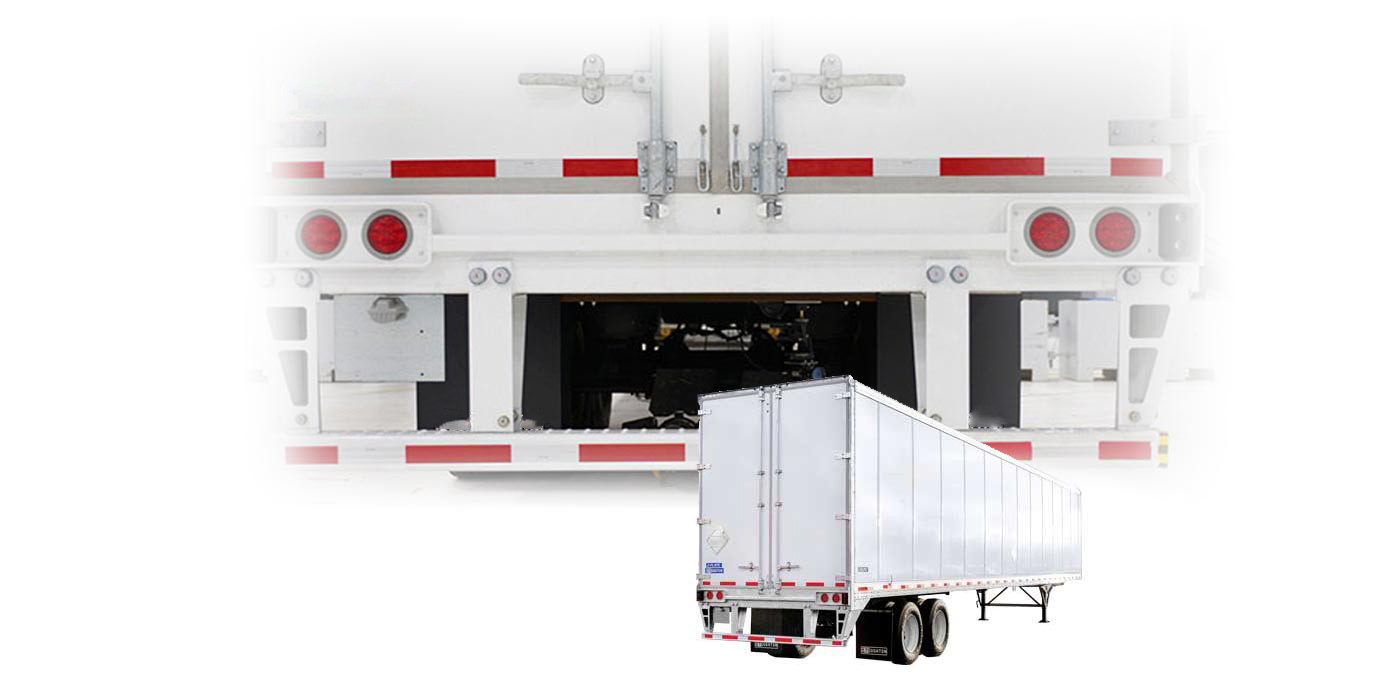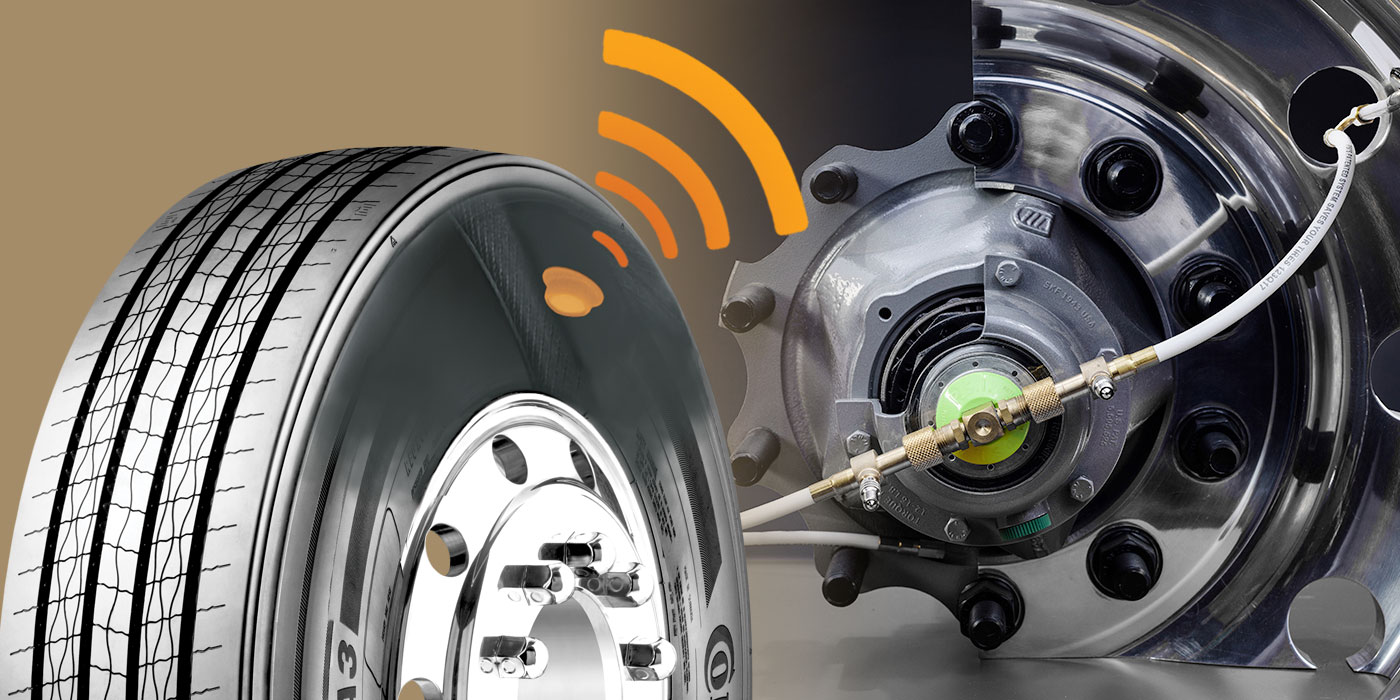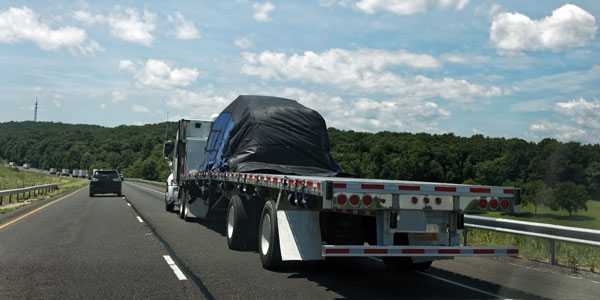Companies that insure motor carriers, trucks and drivers are not all the same. Some sell through independent agents, others through their own sales staffs. Some specialize in commercial truck insurance, while others sell it as one of a secondary line of coverage. Some insurance companies specialize in specific niches within the motor-carrier industry, such as large fleets, temperature-controlled equipment or owner-operators. Some cover thousands of small customers, while others only handle a few big ones.
When choosing your insurance provider, it is good to make sure the company knows the specific needs of a commercial trucking fleet. For example, the fact that owner-operators may have to upgrade their coverage on a temporary or single-trip basis to qualify for a lucrative back-haul delivering a commodity they don’t normally carry; or that they know about U.S. Department of Transportation (USDOT)’s MCS-90 endorsement, or about the motor-carrier filing requirements of the various state regulatory agencies.
Picture yourself detained late at night in a weigh station alongside the interstate as a trooper pores over your insurance papers and grounds the drive because the proof-of-insurance is not on file with your home registration state. You need the right insurance company to avoid situations like that.
These days, you may also want to check to see how technologically savvy the company is and what they can add to your peace of mind. While data and vehicle insurance are two terms you might not expect to find in the same sentence, insurance companies are now able to tap external data sources in ways that have never been used before. As an example, The Federal Motor Carrier Safety Administration (FMCSA) provides carrier safety and inspection records, and Lexis Nexus provides claims history data through Comprehensive Loss Underwriting Exchange (CLUE). The result of having access to this additional data is more precise pricing for commercial vehicle fleets and increased access to coverage for owner-operators and small businesses that may previously had trouble obtaining it.
Can’t get enough columns and features from Carol Birkland? Click here to read all of her articles.
“These external data sources that provide a wealth of information such as prior loss data, inspection results and the timespan a USDOT number has been in business can be used as a tool for insurance companies,” says Brett Stalnaker, commercial lines product manager at Progressive Insurance. “There are many ways to introduce them, but one great way is pricing. Sources such as the USDOT Inspection History can provide valuable insights into a motor carrier’s experience. This can lead to a more simplified quoting experience that has proven beneficial for both truckers and insurance agents.”
So what does that mean for fleet owners? In the past, fleet insurance prices were based on a fleet’s driver profile (including age and driver record), where they are located, where they travel, what they haul, etc. All of that still factors into the price. With the addition of external data, your business’ driving experience and history will factor in as well. So, the biggest benefit to fleet owners is more accurate and stable pricing short and long term.
The future of insurance involves more data, and it is evolving fast for truckers. It helps insurance companies and agents personalize the quote and rate for you as an individual, instead of average pricing for all. It allows insurance companies to offer preferred rates for their best risks. This is good news for many experienced truckers on the road today who look to insurance companies to protect them and their business from the unexpected. For more information, visit Progressive’s website.


